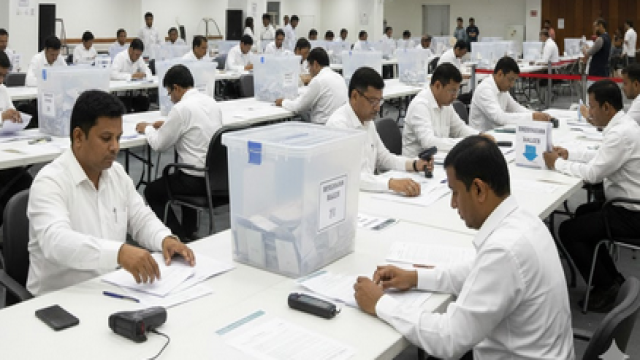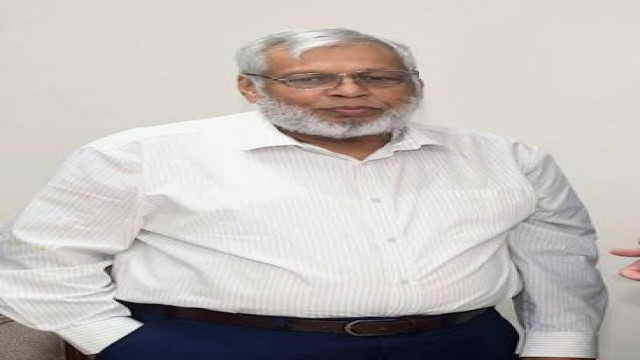After more than 100 days of Israel's war on Hamas, Prime Minister Benjamin Netanyahu finds himself constrained by his far-right ministers, under pressure from Washington on post-war plans for Gaza, and challenged about strategy by members of his own war cabinet.
Netanyahu called reporters on Thursday, two hours before an interview with a cabinet minister and former military leader that was to run in prime time, to declare that he would not back down until Hamas was destroyed.
The aggressive show was a reaction to Israelis who are becoming more and more vocal in their claims that a truce is necessary because the war's two main objectives—destroying Hamas and rescuing the hostages still being held by the main Palestinian faction in Gaza—are irreconcilable.
Some people "say it's impossible to win." This, I completely oppose. "Under my leadership, Israel will not settle for anything less than a complete triumph over Hamas," Netanyahu declared at the live press conference.
The prime minister's political survival is in jeopardy, and his far-right coalition allies are pressuring him to maintain his harsh stance. Some of them have even threatened to topple the government if he falters.
Even after over four months of fighting, Israel's primary targets for Hamas leadership are believed to remain hidden deep under their vast network of tunnels beneath Gaza.
According to a survey conducted on January 14 by Hebrew University academics, almost 50% of respondents stated that liberating the captives should be the top priority. This is concerning because it is almost four months after the 1,200-person cross-border incursion into southern Israel on October 7.
A week-long truce in November saw the release of almost 100 of the 253 hostages that were taken that day; however, none of them have returned alive.
For the first time, a war cabinet member has now publicly expressed the growing urgency. A flurry of diplomatic action involving mediators from Cairo, Doha, and Washington suggests that behind-the-scenes ceasefire talks are once again receiving priority.































Comment: